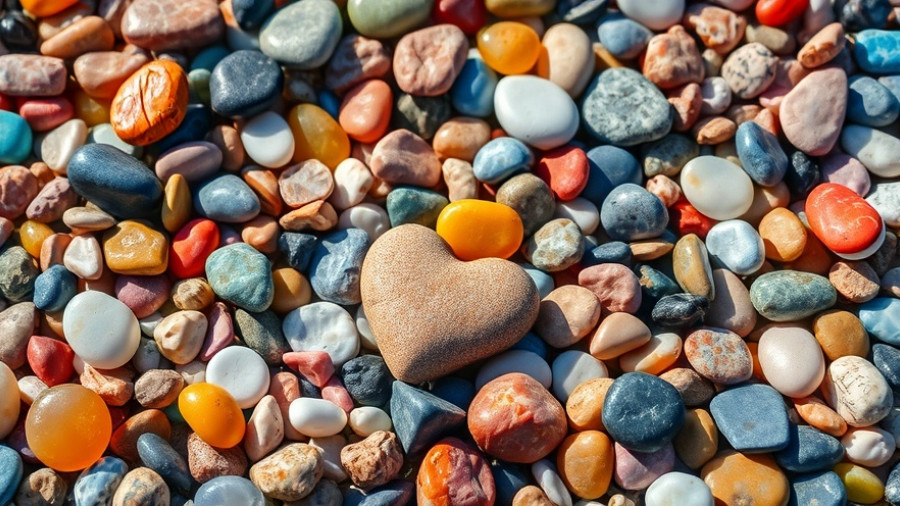
Embracing Fluidity: The Power of Being Water
In a world filled with challenges and uncertainties, it becomes increasingly important for individuals to adapt and flow, much like water. This profound idea, articulated by martial arts legend Bruce Lee, invites us to embody the essence of water: formless, adaptable, and flexible. Lee's wisdom encourages us to navigate life's obstacles with ease rather than resistance, highlighting the significance of mental malleability—an insight essential for today’s youth, families, and professionals alike, particularly in transforming challenging experiences into growth opportunities.
The Art of Adjustment
Life frequently presents us with rigid challenges that can lead to stress, frustration, and stagnation. However, when we embrace the qualities of water, we learn to adjust to our surroundings. Meditation emerges as a powerful tool to cultivate this adaptability. Just as water adapts to the container it occupies—whether it's a cup, bottle, or teapot—we can mold our approaches and responses to fit our circumstances. Meditation fosters self-awareness and emotional regulation, equipping us with skills to manage stress and enhance resilience. This is especially vital for communities facing socioeconomic challenges, such as those in South Africa, where youth crime and health disparities can seem insurmountable.
The Mindfulness Connection
Incorporating mindfulness practices into our daily lives can significantly influence our ability to smooth out the rough edges of life. As we practice mindfulness and become present, we recognize that holding onto rigid thoughts can limit our progress. Studies indicate that mindfulness and meditation not only reduce stress but also enhance mental health, enabling individuals to think more creatively and navigate life with grace.
Navigating Life's Currents with Resilience
Embracing the fluidity of water allows us to develop resilience and self-efficacy. That's not just a personal mantra—it's a mindset supported by research, including insights shared by the EOC Institute regarding fluid intelligence. The ability to adapt creatively to change, replicate patterns, and solve problems is critical in today’s fast-paced world. In a challenging environment, cultivating these skills can be profoundly empowering for individuals as they learn to face their fears and doubts.
The Role of Community and Support
Caring for our family, friends, and community is another aspect of embodying this fluid mentality. Families and caregivers play a pivotal role in fostering resilience among youth and elders alike. By promoting open dialogue and encouraging shared experiences, we can create supportive environments where people feel safe to discuss their pressures—whether academic, emotional, or economic. The act of being present for others can truly be transformational, fostering a sense of belonging and connection.
Practical Applications: Becoming Water
1. **Engage in Meditation**: Daily practice of mindfulness or meditation can drastically improve emotional regulation and adaptability.
2. **Cultivate Resilience**: Challenge yourself to rethink setbacks as stepping stones towards growth, and share these experiences with others.
3. **Foster Community Connections**: Establish local support groups or engage in community service opportunities to create strong networking.
Conclusion: Be Like Water
Ultimately, adapting to life's challenges with the mindset of water is a profound life strategy. By embracing fluidity, cultivating mindfulness, and supporting one another, we can enhance our resilience and lead more fulfilling lives. Communities thrive when individuals carry this ethos, transforming not just their own lives but also the lives of those around them. So, let us all strive to be water—an essential, adaptable force capable of overcoming any obstacle.
 Add Row
Add Row  Add
Add 




Write A Comment